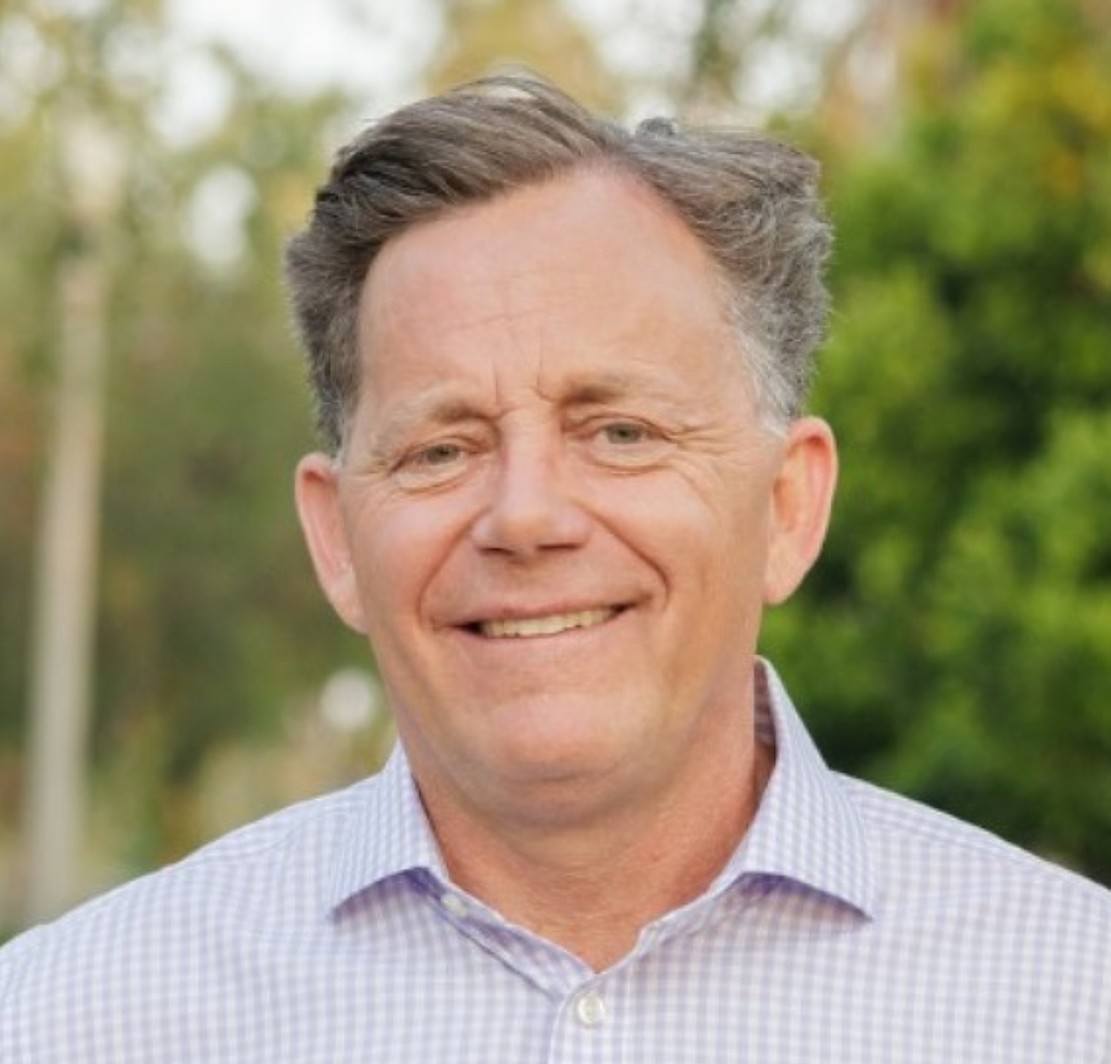A civil lawsuit filed by residents of Birchwood in the Eagle River area of Anchorage asks the court to declare that the National Indian Gaming Commission has overstepped its authority in approving a casino for Eklutna, a tribal area within the municipality of Anchorage.
The several plaintiffs in the lawsuit say that Sharon Avery, acting chairwoman of the National Indian Gaming Commission, doesn’t understand the history and legal status of what is called the Ondola allotment, which is where the proposed casino would be built.
The issue at hand is that the property is in a neighborhood with very limited, narrow access, and the people who live there would be overwhelmed and harmed by a 50,000-square-foot casino, with 700 video game machines, bingo, pull tabs, a a bar and restaurant. Add to that a septic system and drain field to accommodate hundreds of people, a well to provide water, and run-off from a parking lot that would be able to accommodate hundreds of cars, all add to impacts on the environment, the plaintiffs said.
“That will inflict a direct, concrete, particularized, actual, and immediate injury in fact on the plaintiffs in that The NVE [Native Village of Eklutna] intends the seven hundred video gaming machines in its casino to attract hundreds of patrons who seven days a week will constantly travel in automobiles from the North Birchwood Exit of the Glenn Highway down Birchwood Loop Road to Birchwood Spur Road, then past the intersection of Alluvial Street and Birchwood Spur Road, to the casino. And then back again. That will irreversibly destroy the quiet family atmosphere and rural lifestyle in the Birchwood Spur Road neighborhood that the plaintiffs decades ago moved into the neighborhood to enjoy,” the lawsuit says.
The village of Eklutna history is complicated and much disputed, but through the decades and the application of politics has become more of an accepted reality, even though only about 70 people live in the village, it has total of 400 members who live mainly in Anchorage or the Mat-Su Valley. They see this gambling project as economic development for their members.
The village started in about 1897, when a few families of Dena’ina Athabascan Indian descent moved to the area that is 26 miles from downtown. It was a small community and by 1970, there were only 25 listed in the U.S. Census.
In the 1971 Alaska Native Claims Settlement Act (ANCSA), 43 U.S.C. 1609(b)(1), Congress designated the community of Eklutna as a “Native village” to enable residents of the community who were of one-fourth degree or more Dena’ina Athabascan Indian blood quantum to incorporate Eklutna, Inc., and to enable Eklutna, Inc., to be eligible for the monetary and land ownership benefits that ANCSA made available.
1988 the Alaska Supreme Court described Congress’s Alaska Native policy: “In a series of enactments following the Treaty of Cession and extending into the first third of this century, Congress has demonstrated its intent that Alaska Native communities not be accorded sovereign tribal status. The historical accuracy of this conclusion was expressly recognized in the proviso to the Alaska Indian Reorganization Act [of 1936] . . . No enactment subsequent to the Alaska Indian Reorganization Act granted or recognized tribal sovereign authority in Alaska.”
A series of other political and legal events occurred, notably under President Bill Clinton, who appointed Ada Deer as assistant Interior secretary. Deer published a rule saying Native entities within the State of Alaska that were recognized and eligible to receive services from the United States Bureau of Indian Affairs included “Eklutna Native Village.” But Assistant Secretary Deer removed from her list Eklutna, Inc., and the other ANCSA village and regional corporations.
The dispute about whether Eklutna qualifies for the jurisdiction of the National Indian Gaming Commission is tied up in these and other legal events that are enumerated in the 34-page lawsuit, which was prompted when in July, the commission said that the Ondola allotment was under its jurisdiction for casino authorization.
The plaintiffs say the members of the Native Village of Eklutna are not a federally recognized tribe whose governing body possesses powers of self-government and is not eligible to conduct gaming pursuant to the Indian Gaming Regulatory Act. The Ondola allotment is not “Indian Country,” the lawsuit says, or “Indian land.”
While the Village of Eklutna has already cleared the land for the casino, the Birchwood Community Council knew nothing of the development that will impact the neighborhood.
The plaintiffs have hired renown Indian law attorney Donald Craig Mitchell to represent them. He is the author of major works on the history of Indian Country in Alaska, and is considered a national expert. A former vice president and general counsel of the Alaska Federation of Natives, which was organized by Alaska Natives in 1967 to fight for land claims settlement, he has been continuously involved, both before Congress and in the courts, in the development and implementation of federal Native policy. In 1997, he represented Sen. Ted Stevens before the U.S. Supreme Court as amicus curiae in Alaska v Native Village of Venetie, which upheld Mitchell’s view that Congress did not intend land conveyed to Alaska Native corporations to be “Indian Country.” He has authored two books and numerous articles on Alaska Native law.
The lawsuit can be read in its entirety here:






